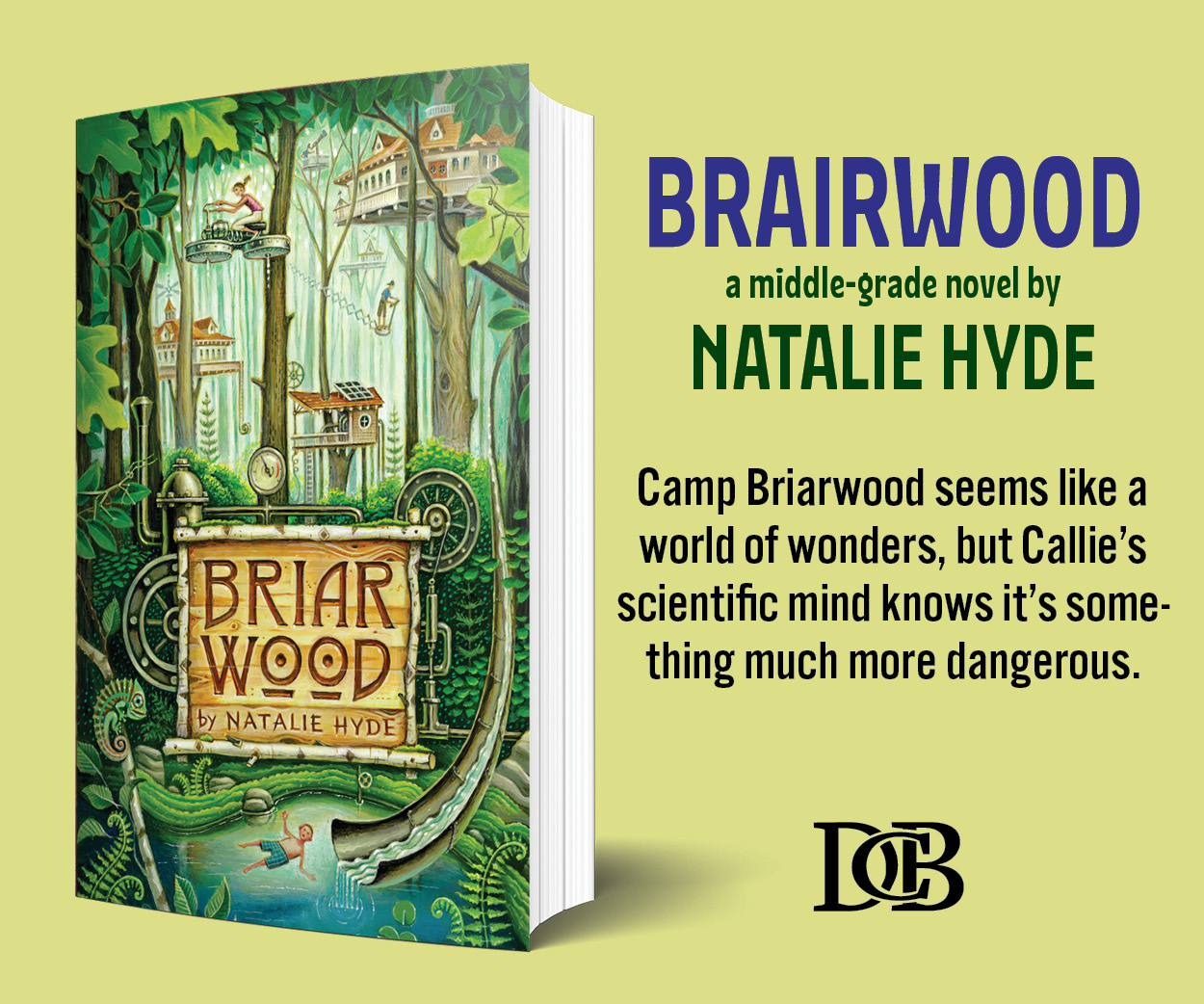Jacqueline Valencia on Poetry Exercises
By Jennifer LoveGrove
The latest poet featured in this series on poetry prompts and writing exercises is Toronto-based writer Jacqueline Valencia. She is the author of two poetry collections: The Octopus Complex (Lyrical Myrical Press, 2013), and There Is No Escape Out Of Time (Insomniac Press, 2016). Jacqueline is the founding editor of These Girls On Film, a literary editor at The Rusty Toque, critic at Broken Pencil Magazine, and staff film critic at Next Projection. She is a CWILA Board Member and a member of Meet The Presses collective. Her poetry, prose and criticism has appeared in various anthologies and journals across Canada and United States.
What do you do when you’re stuck, when the writing is not coming readily, or maybe not at all? Or perhaps you only have a limited block of time in which to write and you want to dive in but you aren’t sure where to begin? What do you do to get started?
I read or rewrite pages by hand of other people’s work. Sometimes the act of getting something down on paper gets the ball rolling for me.
If there is a limited block of time I start with something that really interests me in the subject I’m writing about. I was getting frustrated with a scene recently. It wasn’t working out, but the scene had to be written because it tied in a bunch of things that happen later on in the work. I went back and looked at what got me writing the piece to begin with - in this case it was motherly frustrations. I ended up writing the scene with more detail than I had anticipated because I had renewed my desire to get this particular story out of me.
Do you use writing prompts or poetry exercises? If so, where did you learn or find the techniques? If you don’t use any kind of prompts or exercises, why not?
The fun thing about technology these days is that you can get all sorts of writing prompts and poetry starts from online generators. I’ve used some in the past when I was writing more conceptual work. As with the rewriting, it helped give me a place to start from and an image or word to think on.
Why do you use these methods? What about them works for you?
The online tools are readily available with a search. With rewriting, you can get anything you love reading and just write or type word for word a passage, a page, or a sentence and maybe remix. Sometimes it works and sometimes it doesn’t. I find a walk outside or a run inspires me a lot more these days though.
Do you these methods in your own writing, in teaching if you teach writing, both, or neither? Why or why not? If you use them in teaching, what sorts of responses do you get from students?
I’ve taught a couple of workshops on conceptualism that explain how other writers have controversially appropriated work. While I don’t endorse culturally appropriating writing, I do encourage rewriting or transcribing work from the canon taught in school (James Joyce, Walt Whitman, William Shakespeare, et cetera), in an effort to decolonize.
Your CanLit News
Subscribe to Open Book’s newsletter to get local book events, literary content, writing tips, and more in your inbox
Do you have a favourite exercise or prompt or two you’d that you’d like to share?
There used to be a site called “Language Is A Virus” that helped with prompts, remixing, and creating cut up poetry, but it’s been down for a while. Search for “poetry generator” and you’ll be able to find others like it.
Are you ever concerned that you’ll rely too much on these techniques?
Not really, since I’m always experimenting with different styles and various techniques. I have no time, nor the luxury to wait for inspiration. I decided after more than a decade of writer’s block that the only way I could continue writing is if I just write.
Does a finished poem differ much when you write from an exercise or prompt from when you write without? If so, how?
Depends on the style of poetry. There can be big differences between a conceptually driven pantoum or a lyrically based one. I’ve taken lines from the Wall Street Journal for an online project and created sonnets. Sometimes they read emotionally and sometimes they read like gibberish.
Would you like to share any other tips for jumpstarting your writing or using new generative methods?
I think research and listening are your writing friends and teachers. In the end, you’re the one with the story that wants to be written. Write what you’d like to explore, what you like to read in the world. Start from a place of open spaces, where anything that needs to be written is possible and find the sui generis of what provokes you to write. What can you contribute or change in the world out there? Then write.
The views expressed in the Writer-in-Residence blogs are those held by the authors and do not necessarily reflect the views of Open Book.
Jennifer LoveGrove's latest book is the poetry collection Beautiful Children with Pet Foxes (BookThug). She is also the author of the Giller Prize–longlisted novel Watch How We Walk, as well as two other poetry collections: I Should Never Have Fired the Sentinel and The Dagger Between Her Teeth. In 2010, LoveGrove was nominated for the K.M. Hunter Artist Award for Literature and in 2015, her poetry was shortlisted for the Lit POP Awards. Her writing has appeared in numerous publications across North America. She divides her time between downtown Toronto and rural Ontario.



